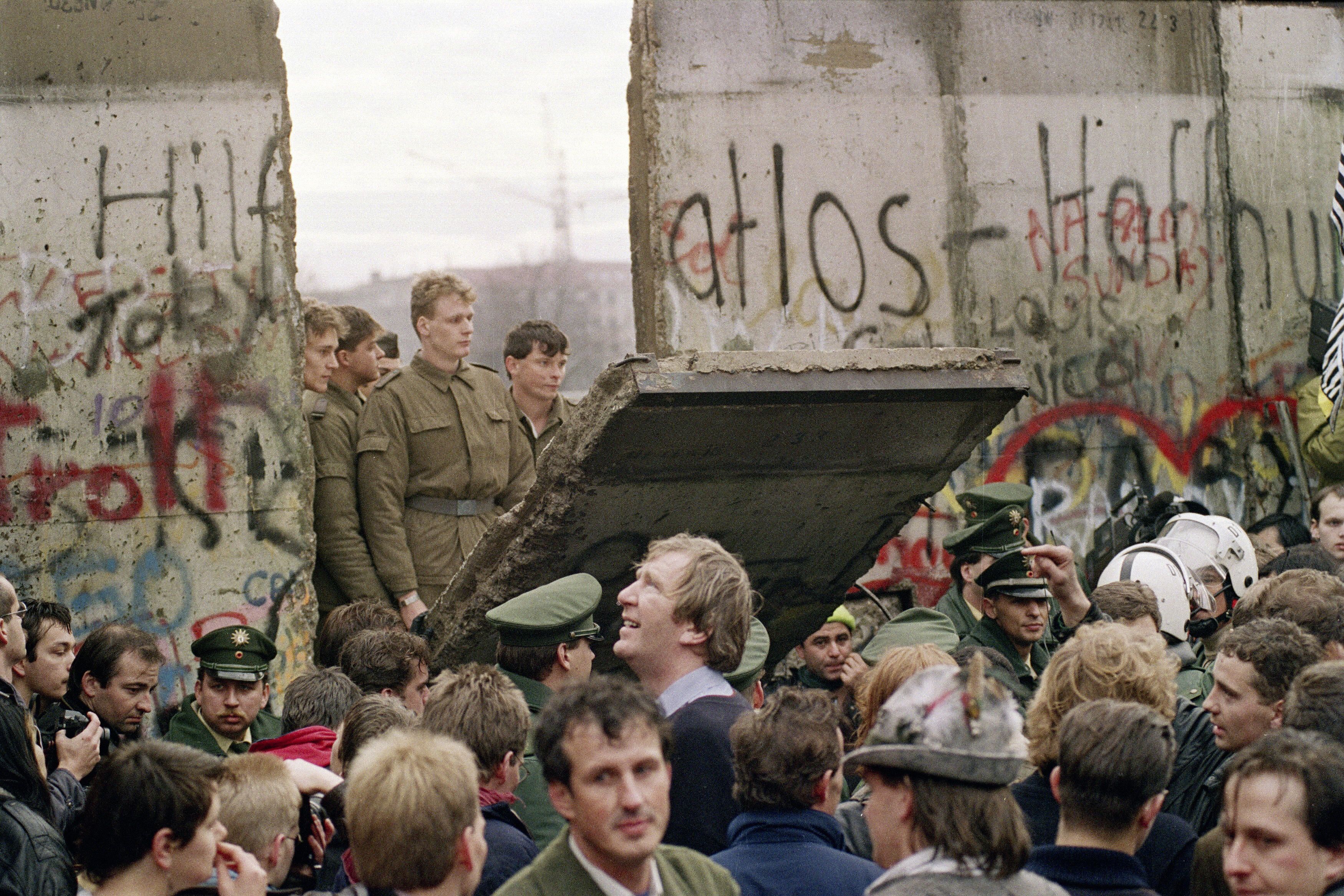Crossroads of Time: Four Events that Redefined the World
History, like a winding river, is punctuated by moments of rapid change, pivotal events that send ripples into the future, reshaping societies and altering the course of humanity. Today, we stand at four such historical crossroads, each a testament to the power of transformation that dwells within a single moment.
1. The Printing Press (1440): Words Unchained
 Printing Press
Printing Press
In the quiet hum of Johannes Gutenberg's workshop, a revolution was born. The printing press, a seemingly unassuming contraption of wood and metal, unleashed a torrent of knowledge and ideas that redefined the landscape of communication. With the swift proliferation of books and pamphlets, literacy soared, and access to information democratized. Scientific ideas disseminated widely, challenging religious dogma and fueling the intellectual renaissance. The printing press birthed a new era of critical thinking, paving the way for the Reformation and Enlightenment, and laying the groundwork for modern democracy. Its impact reverberates still in the click of every keyboard and the hum of every printer, a constant reminder of the power of the written word to transform minds and societies.
2. The French Revolution (1789-1799): Liberty, Equality, Fraternity
 French Revolution
French Revolution
On the cobbled streets of Paris, a cry for liberty pierced the air. The French Revolution, a tempestuous storm of upheaval, shattered the foundations of absolute monarchy and ignited the flames of democracy across Europe. Inspired by the Enlightenment ideals of liberty, equality, and fraternity, the French people toppled a king, drafted the Declaration of the Rights of Man and of the Citizen, and embarked on a radical social experiment. Though marred by violence and terror, the Revolution's legacy endured. It shook the foundations of aristocratic privilege, planted the seeds of modern republicanism, and inspired countless revolutions in its wake. The echoes of the French Revolution resonate today in every democratic constitution and every protest for human rights, reminding us of the eternal struggle for a more just and equitable world.
3. The Industrial Revolution (1760-1840): The Machine Age Dawns
 Industrial Revolution
Industrial Revolution
In the clattering looms and smoky factories of Britain, a new era was forged. The Industrial Revolution, fueled by innovation and ingenuity, transformed the world from agrarian to industrial. Mechanized labor, powered by steam and coal, revolutionized production, ushering in an era of mass production and unprecedented economic growth. Cities swelled, transportation networks were built, and new social classes emerged. While progress was accompanied by stark inequalities and harsh working conditions, the Industrial Revolution laid the foundation for the modern world. It sparked scientific advancements, propelled globalization, and irrevocably reshaped the way we live, work, and consume. The scars and marvels of the Industrial Age are etched in every skyscraper, every factory whistle, and every engine thrumming across the globe.
4. The Fall of the Berlin Wall (1989): Walls Crumble, Freedom Rings
 Fall of Berlin Wall
Fall of Berlin Wall
In the chilling shadow of the Berlin Wall, a yearning for unity pulsed. On a cold November night, the concrete barrier that had divided Europe for nearly three decades was breached, symbolizing the collapse of Soviet communism and the reunification of a fractured nation. The Fall of the Berlin Wall became a potent symbol of the triumph of freedom over oppression, its echoes reaching every corner of the globe. It marked the end of the Cold War, a period of political and ideological tension, and paved the way for a new era of global cooperation and dialogue. Though challenges remain, the image of jubilant crowds tearing down the wall serves as a poignant reminder of the resilience of the human spirit and the power of collective action to break down barriers and forge a more united world.
These four events, though separated by centuries and driven by vastly different forces, stand as testaments to the extraordinary capacity of humanity to rewrite the narrative of history. They invite us to contemplate the momentous leaps forward, the revolutions in thought and technology, and the enduring struggles for liberty and justice that have shaped the world we know today. As we study these crossroads of time, we gain a deeper understanding of the forces that drive societal change, the resilience of the human spirit, and the ever-evolving nature of our world.
Remember, this is just a starting point. You can explore these events in greater depth, add more events to the list, or focus on specific regions or cultures that have experienced transformative moments. The goal is to engage in a meaningful dialogue with history, recognizing its pivotal moments and appreciating their far-reaching consequences.


































![[ℕ𝕖𝕧𝕖𝕣] 𝕊𝕖𝕝𝕝 𝕐𝕠𝕦𝕣 𝔹𝕚𝕥𝕔𝕠𝕚𝕟 - I Think I Have Crypto PTSD](https://cdn.bulbapp.io/frontend/images/819e7cdb-b6d8-4508-8a8d-7f1106719ecd/1)
























